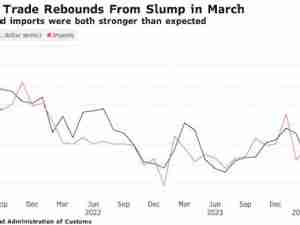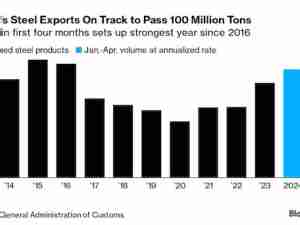The report's authors estimated that shoppers, tourists and commuters spent an average of 45 minutes waiting to cross from Mexico into San Diego County in 2005, which cost the US economy $2.48 billion. That figure includes money passengers would have spent at shops, restaurants, hotels and entertainment venues in San Diego County if the wait were shorter.
Delayed freight had a broader impact across the United States because about 30% of trucks had a final destination outside San Diego County. The report's authors estimated that keeping cargo trucks waiting at the border for an average of 2 1/2 hours cost the US economy $1.26 billion last year.
The delays highlighted the challenge facing US officials as they balance demands from growing international trade with post-Sept. 11 national security requirements. In an effort to ease delays for frequent travelers, the government has introduced programs for prescreened truckers and visitors to cross more quickly than others.
Two of the nation's busiest border crossings link San Diego and Tijuana, Mexico. Nearly 17 million passenger vehicles entered the United States through the 24-lane San Ysidro Port of Entry in fiscal 2005, according to US Customs and Border Protection. The Otay Mesa Port of Entry, one of the nation's biggest cargo crossings, handled more than 724,000 trucks in eight northbound lanes during the same period.
The border wait study was based on more than 3,600 interviews with shoppers and commuters at three San Diego-area crossings between November 2004 and February 2005. Estimates of lost economic activity from trucks moving cargo were based on government data and interviews with manufacturers, customs brokers, trucking companies and others.
The San Diego Association of Governments, a group representing 18 local governments, hoped the study will support its campaign for more infrastructure on both sides of the border, including expansion of a four-lane US highway that straddles the border and construction of another border crossing in San Diego.
SANDAG's executive director, Gary Gallegos, said the US government doesn't have to sacrifice national security to shorten the delays. He said better infrastructure is the answer.
"It doesn't necessarily have to be one to the exclusion of the other," Gallegos said.
Deborah Brooks, operations specialist for US Customs and Border Protection, said her agency was working closely with local governments to address their concerns.
The report said the Mexican economy also suffered from border waits. Delays at San Diego-area crossings cost Mexico an estimated $2.24 billion last year in sales, jobs and productivity -- about $2.07 billion from cargo traffic and $168 million from foregone personal trips. (Newswire)









